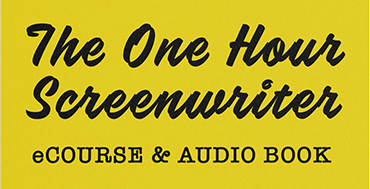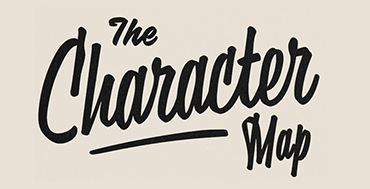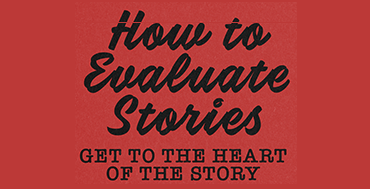Power of Conscience characters know instinctively if something is wrong, unjust, unfair, improper, corrupt or out of line. Their judgment and response is swift and immutable. They are propelled forward by personal outrage and moral indignation, usually on another’s behalf.
Olivia Pope (Kerry Washington) on Scandal “saves people.” She says she and her colleagues “wear the white hat.” She is a “fixer” and her private practice is propelled forward by injustice and exonerating the wrongly accused.
U.S. Marine Sergeant, Nicholas Brody (Damian Lewis) in Homeland violently turns against his country, initially, because of the grave injustice of a U.S. military drone strike on an Afgan school. He adopts Islam and becomes a terrorist to expose and expiate what he sees as a morally corrupt war.
Birgitte Nyborg (Sidse Babett Knudsen) in Borgen withdraws her party’s support for Labour when opposition leader Michael Laugesen cynically reverses his position on asylum seekers in a pre-election ploy for votes. The injustice of this propels her to denounce Laugesen’s morally repellent stand and, in a surprise twist, she is elected Prime Minister.
Power of Conscience characters really do believe they are their brother’s keeper. They feel responsible for the greater good and for doing good. They wrestle with how far they should go in promoting what is right, seeking justice and fairness for others, in exposing corruption or injustice, or in standing up against evil or wrong-doing. They worry about what is the higher duty and what exactly is required of them in response. The question of what is the higher duty particularly plagues all these characters and is at the center of all their personal conflict.
In Scandal, Olivia Pope believes that President Fitzgerald Grant (Tony Goldwyn) is what the United States needs. The question is how much wrong is she willing to do for a cause that is right? She is one of Grant’s top campaign advisors and is willing to fix an election, lie about her illegal conduct, cover up his past wrong-doing in order to serve what she sees as a higher duty, getting an essentially good man elected.
In Homeland, Nicholas Brody is torn between his love for his family and the cause for which he is willing to make the ultimate sacrifice, to be a suicide bomber targeting the President and his top administration. What is the higher duty?
In Borgen, Birgitte Nyborg is continually torn between her duties as Prime Minister and her family. While doing what is right for the country she must neglect important personal obligations and disappoint those she loves. Her need to do right by her countrymen costs her her marriage.
Other sides of this issue tear the characters apart in terms of what is the moral imperative and what is politically expedient. All these characters struggle between what is right and what is possible (and the attendant compromises needed to get anything done). How much compromise is too much? Law vs. justice is also an issue. What is legal isn’t always just. What is just isn’t always legal. Again, it all goes back to what is the higher duty?
 Without laws there is no civilization. Without mercy and being just there is no humanity. This is the quandary for Rick Grimes (Andrew Lincoln) on The Walking Dead. He is a Power of Conscience character who leads a band of survivors during a Zombie Apocalypse. Shane Walsh (Jon Bernthal), his one time police partner, argues the group needs to do everything and anything necessary to survive. No matter how unjust, no matter what moral or civil laws are broken, survival is the highest value. Rick believes that to survive in such a way makes them all less human. And yet, Rick is driven to do terrible things, always struggling with what is the higher duty.
Without laws there is no civilization. Without mercy and being just there is no humanity. This is the quandary for Rick Grimes (Andrew Lincoln) on The Walking Dead. He is a Power of Conscience character who leads a band of survivors during a Zombie Apocalypse. Shane Walsh (Jon Bernthal), his one time police partner, argues the group needs to do everything and anything necessary to survive. No matter how unjust, no matter what moral or civil laws are broken, survival is the highest value. Rick believes that to survive in such a way makes them all less human. And yet, Rick is driven to do terrible things, always struggling with what is the higher duty.
Power of Conscience characters fear not living up to their own internal standards or sense of propriety, honesty, and decency. They are afraid of being or becoming unworthy. These characters don’t fear failure in the eyes of the world; they fear not living up to their own (often impossibly high) standards. They are some of the most conflicted characters on television.




No comment yet, add your voice below!